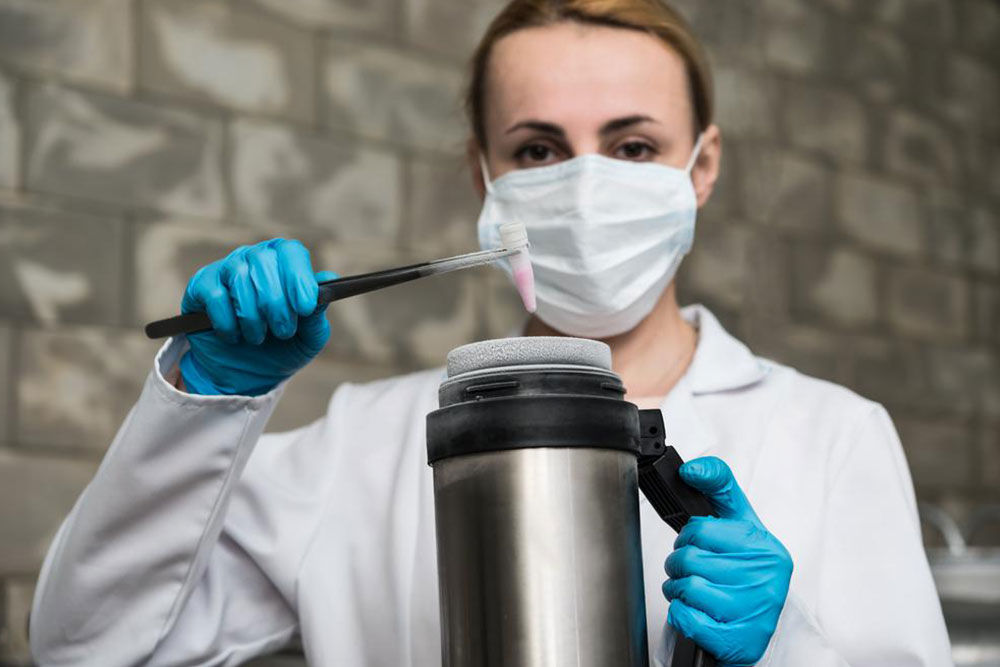Stem cell banking with LifeCell
LifeCell is one of the most important global names involved in stem cell banking. Stem cell banking involves the practice of collecting blood that is still leftover in the umbilical cord of the new born baby as well as the placenta so that it may be used in the future for medical treatment purposes. There are a number of reasons why this has emerged as a major and important practice after child birth.

What are stem cells?
The basic building blocks of a human body have been categorized as stem cells, and they help in the effective development and functioning of various organs. These cells can repair and replace in order to treat certain life threatening diseases. This is especially helpful for immune diseases, which can be treated with the help of stem cells because they can repair and restore normal functioning of the damaged organs. The cells that are to be used for treatment will be harvested and then processed so that the repair functions can start.
Why should you bank stem cells?
The stem cells of your baby must be banked because it can help in transplants to restore the functioning of damaged organs. Also, it is important because it can also help in harvesting cells of rare ethnicity in case you are in a part of the world where you cannot find that ethnicity. This makes it very important so that any kind of disease can be fixed.
Where do you find stem cells?
The stem cells can be found in various parts of the body like the dental pulp, menstrual blood, bone marrow, fat cells and even the peripheral blood. This is usually concentrated in the umbilical cord, which needs to be harvested for repair and restoration of diseased organs.
What is the potential of stem cell banking?
There are over 500 clinics that have been registered under LifeCell. These clinics are authorized to conduct transplants and other therapeutic treatments. The procedure has already helped in conducting over 5000 transplants the world over. It has the potential to become a routine practice with the mere cost of banking the stem cells at the birth of a child. The probability of a person requiring a stem-celled based transplant has gone from 1 to 217 for the average person. This also increases the scope of this procedure.
What is the probability of an effective treatment?
The treatment has a high matching probability if the stem cell can be found for the right patient. The existing inventory has been raised to many hundreds of thousands of units as well, which makes it that much easier to find a match. Also, there is immediate availability of frozen stem cells so that people can avail the same in case there is an emergency.


